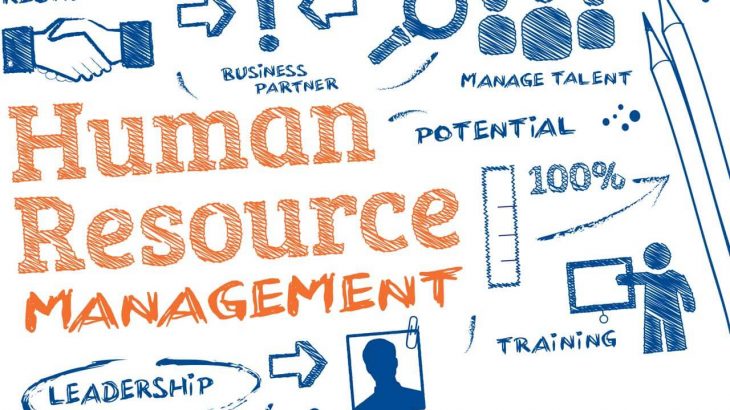Technological advancements world over are penetrating rapidly across all industries. With the growing influence of technological solutions, companies are becoming leaner and require quicker turnaround times. Tech disruptions have come in several forms. Retail industry has been disrupted by ecommerce, physical retail banking has been replaced by mobile & net banking etc. And this trend is here to stay. And to cope with this kind of a futuristic business landscape, it is critical that employees are prepared and trained by the HR. Hence, apart from people management, HR has to play a critical role in ensuring people are ready to conduct businesses in the future. Else HRs would soon become obsolete.
It is time that the HR reinvented its way of functioning to adapt to the changing business environments. HR organizations have to become more agile in their operations, adopt newer leaner structures, accept technological changes and continuously keep on reinventing themselves. This can be achieved in several ways.
HRs must remodel themselves as not people managers but as leaders. HR must create frameworks based on technological interventions which have happened in the company as well as the industry. They must be assertive on the various business verticals as there would be resistance towards change. Various departments work independently, without too much interaction from the HR department. However, HRs must ensure that all the boundaries are broken so that all the workforce energies are channelized towards a common goal.
HR should ensure adequate training sessions to help increase the skill sets of employees. With a continuous change in the way businesses are done, it is critical that HRs give ample opportunity to employees to learn new skills and are on top of their game. Apart from learning newer ways of doing business and learning technological advancements, HR must take charge of removing any leadership gaps. HR must be vigilant to identify gaps among leaders and teams, and must provide proper solutions. This would help keep the workforce fresh and updated about the company’s goals. Companies must ensure that employees are not merely executers of tasks but also analysts so that they can productively add more value to business.
Another challenge which can be converted into an opportunity by HRs is the entrance of millennials into the organization. Compared to GenX or earlier employees, millennials are more tech savvy and always connected with the world with social media. This can be an obstacle for companies as they might fear that their confidential data might be at risk. Hence companies try and block out this aspect of employees. However, channelizing this trait of millennials in the right direction can boost the business. HRs can ensure that young employees are positive advocates about the brand and their business. Owing to the massive reach of social media and online networking, influential young employees can help spread the correct vibe about a particular business. Millennials can provide new added confidence, fresh thoughts and quicker business solutions as they are constantly engaged in the latest technologies and devices. Hence HR must advocate and drive this positive change in companies.
HRs must also understand that the world is not connected round the clock. And hence employees can be available at any time to provide business solutions. Hence the HR must reconsider the fact that employees have to work minimum 9 hours from morning to evening. Employees must be given freedom and choice to decide their working hours. This would not only add flexibility in the employees’ schedule of working but would also motivate them to work harder because of a better work life balance. Flexible working hours should be considered by HRs seriously as a solution to ensure that their workforce and company are future ready.
With growing automation and AI, HRs would have to redefine roles and responsibilities for humans. The monotonous repetitive work can be executed by machines but the ultimate decision makers must be people only. In the future, it is critical HRs take a stance and support human workforce over machines as eventually the human connection would help evolve businesses.
Keeping an eye on the future, HRs have to rediscover their existence and become an active player in business after shunting their passive roles. They must take responsibility and must be accountable to drive business equally when compared to all the other departments. Eventually HRs must realize their importance as they would be at the helm of providing people solutions in a business world continuously being dominated by technological advancements.





